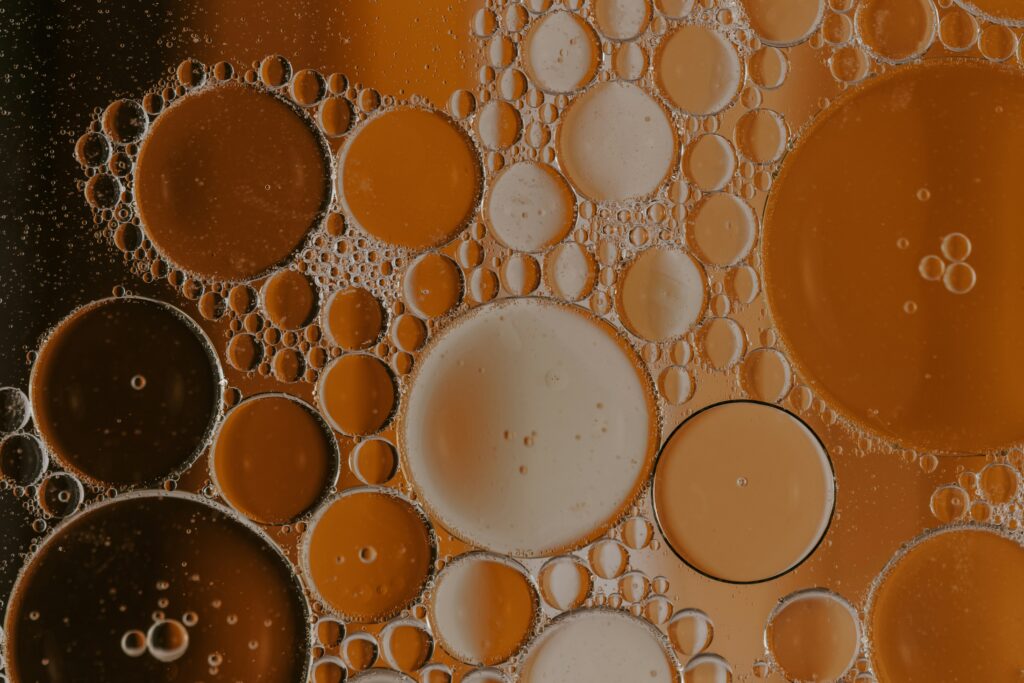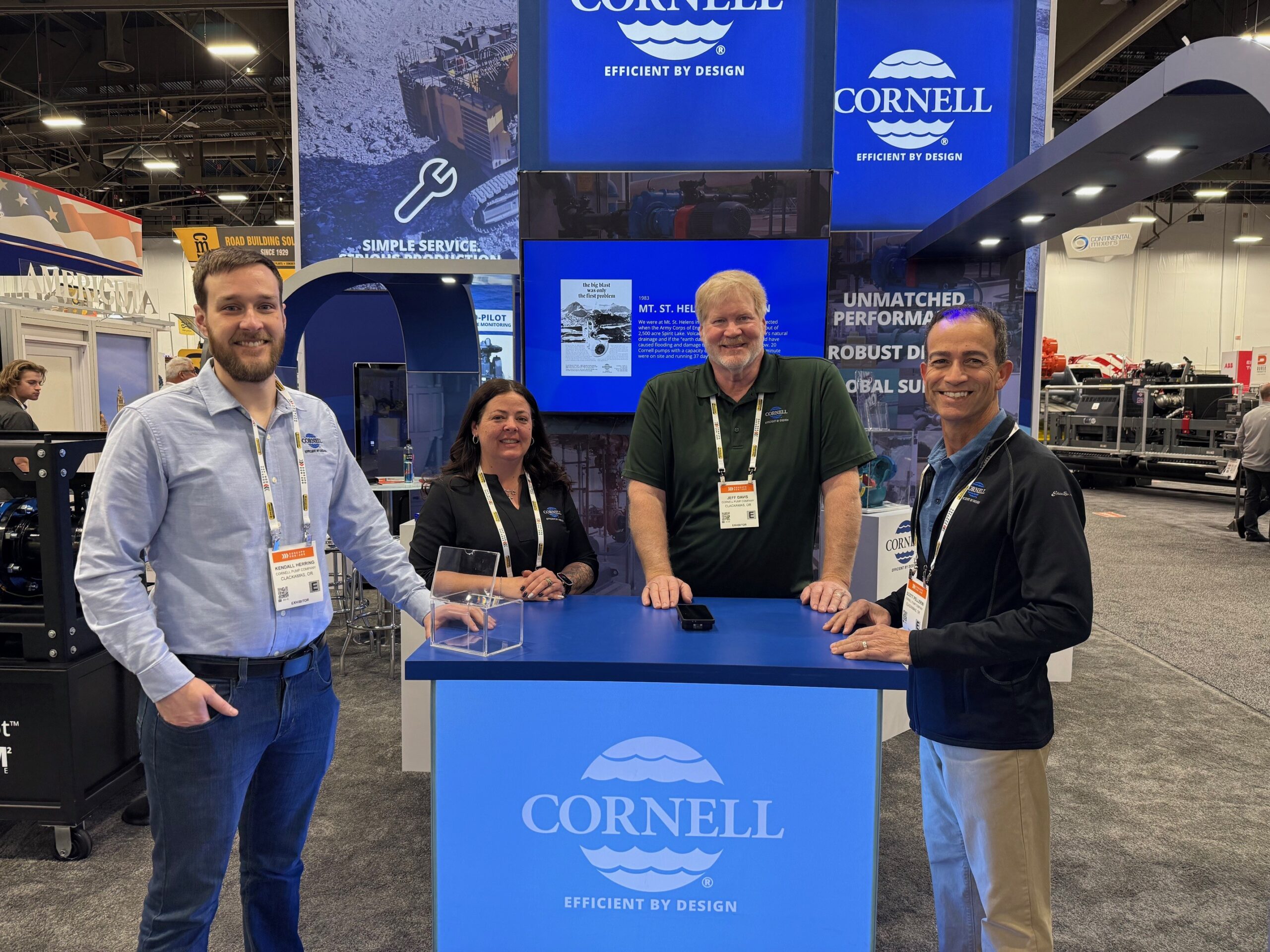1. How Lubrication Works
Lubrication creates a protective film between moving metal surfaces, reducing friction and heat generation. This thin film minimizes direct metal-to-metal contact, preventing abrasive wear, surface scoring, and component fatigue. In hydrodynamic applications such as pump bearings, the lubricant layer also helps dissipate heat and flush away contaminants that can accelerate wear.
2. The Consequences of Poor Lubrication
When lubrication is insufficient, contaminated, or incorrectly specified, the result is rapid wear and premature failure. Bearings may overheat, shafts can score, and seals may degrade—leading to leaks or misalignment. Studies have shown that up to 60% of mechanical failures can be traced to improper lubrication practices.
In pumps, especially those operating under demanding conditions (abrasive slurries, high temperatures, or continuous duty), the effects compound quickly. Without proper lubrication, even the best-engineered components can fail long before their design life.
3. Choosing the Right Lubricant
Selecting the correct lubricant depends on temperature range, load, speed, and environment. For example:
- Grease vs. Oil: Grease is ideal for slower-speed applications and seals out contaminants, while oil provides better cooling and film strength for higher-speed bearings.
- Viscosity: Too light a lubricant won’t provide enough film thickness; too heavy a viscosity increases drag and heat.
- Additives: Anti-wear, corrosion inhibitors, and extreme-pressure additives enhance protection under harsh conditions.
4. Maintenance and Monitoring
Regular inspection and oil analysis are vital. Tracking lubricant condition helps detect contamination, oxidation, or metal particulates—early indicators of mechanical wear. In industrial and municipal settings, automated lubrication systems and IoT monitoring (such as Cornell’s Co-Pilot™ sensors) can help maintain ideal lubrication intervals and alert operators to deviations before costly damage occurs.
5. Genuine Cornell Parts, Lubricants, and Fluids
For maximum performance and protection, Cornell offers a full line of genuine lubricants and fluids engineered specifically for Cornell bearing frames, seals, and drive systems. These products are tested to meet exacting standards for viscosity, thermal stability, and compatibility with Cornell’s proprietary Cycloseal® and bearing designs.
Cornell lubricants provide:
• Extended bearing life through optimized film strength and temperature stability
• Reduced oxidation and varnish buildup even under high-load conditions
• Improved corrosion resistance in harsh environments
• Assured compatibility with genuine Cornell replacement parts and seal materials
Using Cornell-approved lubricants helps maintain factory warranty coverage and ensures equipment performs to its original efficiency standards. Non-approved fluids may break down faster or cause seal swelling and leakage, undermining long-term reliability.
6. The Payoff: Efficiency and Longevity
Well-lubricated equipment runs cooler, quieter, and more efficiently. Bearings and shafts maintain their precision fits longer, and downtime drops dramatically. In short, every dollar spent on a proper lubrication program, and on genuine Cornell lubricants, can save many times that in avoided repairs and lost production.




